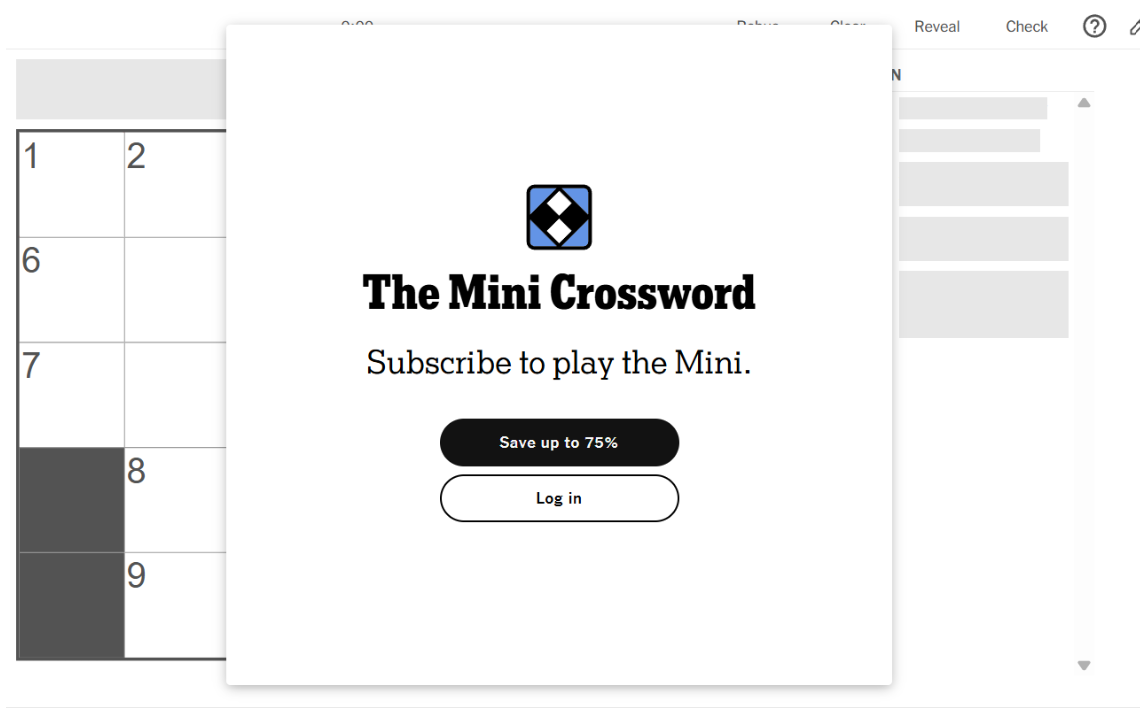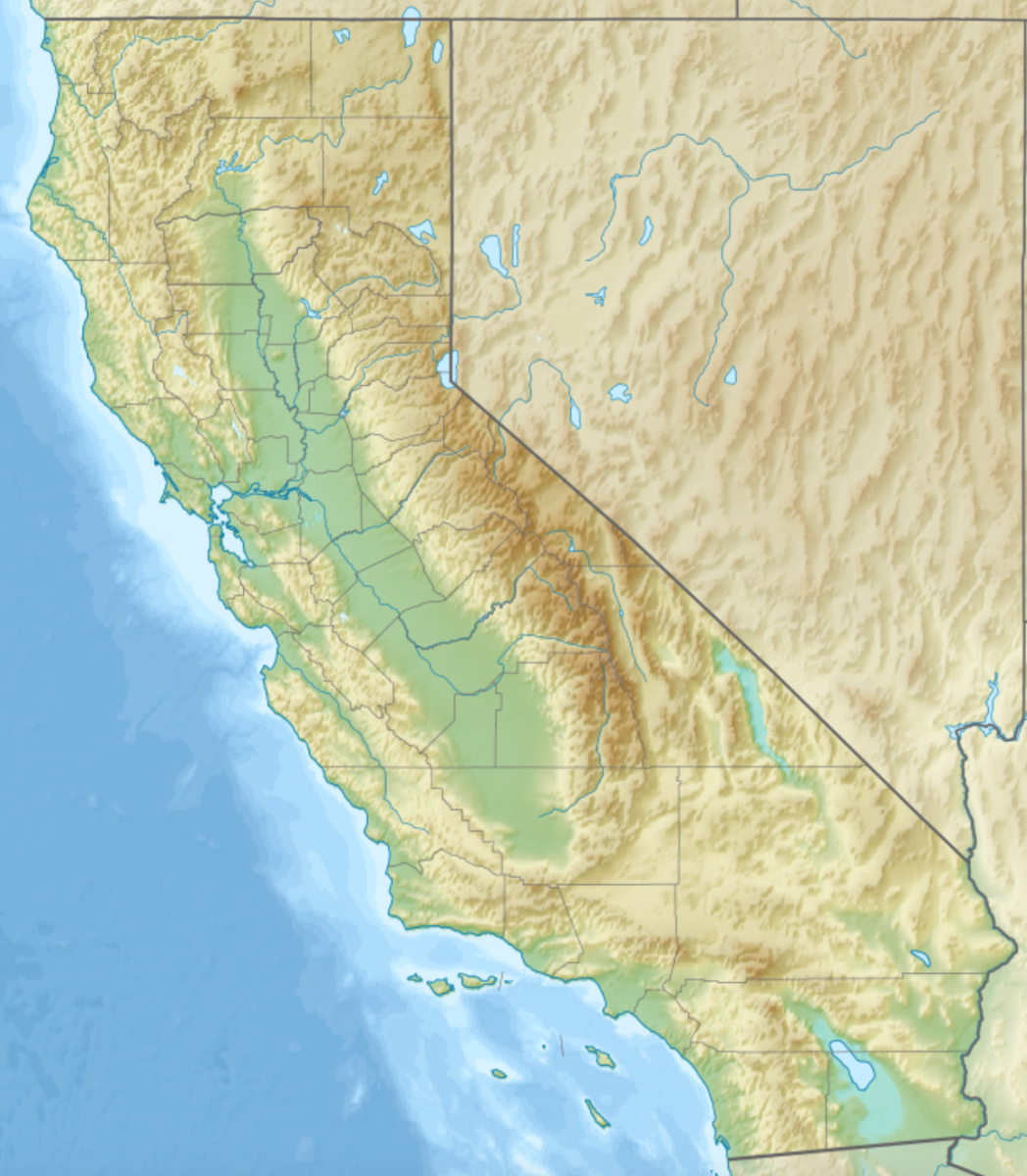Recently, a company called NFT International LLC began offering Trump supporters the option to purchase Trump-branded NFT (non-fungible token) trading cards and other Trump-related merchandise. Each virtual trading card costs 99 USD; purchasing multiple could grant you limited-time gifts such as Trump-branded shoes, unique one-of-a-kind NFTs, physical trading cards with pieces of the suit former President Trump wore during the presidential debate against President Joe Biden, and even a commemorative gala dinner with the former president himself.
Very little is available about the company that creates these trading cards, NFT INT LLC. They state in their website’s FAQs that they purchased the right to use Trump’s image from another company called CIC Digital LLC, which is the company that “acquires licensing payments for using Trump’s persona on nonfungible tokens (NFTs)” (Blockchain News). NFT INT LLC also claims that the trading cards are not political and “have nothing to do with any political campaign,” like collecting Pokemon cards and not expecting the funds to go to the Pokemon Company.
These digital NFTs all contain images of former president Trump, with many visuals that attempt to evoke patriotism and nationalism, including red, white, and blue and the American flag. Furthermore, there are images of Trump in American pop culture icons, including Captain America, Iron Man, and more. Additional NFTs include images of Trump with cryptocurrency, following his self-given nickname “the Crypto President.”
These trading cards are just one symptom of a broader trend in America: politics is becoming increasingly polarized. A Pew Research report found that “Among members of both parties, the shares who express very unfavorable opinions of the opposing party have approximately doubled since 1994” (Pew Research Center). The number of people drawn to this type of heated political rhetoric is increasing, and they are eager to purchase hundreds of dollars worth of goods that are not even real to support their favorite candidate, like these NFT Trump trading cards.
This increased polarization has led to more and more incidents of political violence in the US. This was demonstrated during the January 6 attacks on the Capitol. Hundreds of political extremists stormed into the Capitol as they believed the 2020 election was “stolen,” a lie that has been disproven countless times. Unfortunately, January 6 was not an isolated incident. In fact, in December of that year, Trump supporters sent death threats and racial slurs to an election worker after Trump accused her of working to falsify the results of the 2020 election (Reuters). During the buildup to this year’s election, Trump has used retribution for the alleged stealing of the 2020 election as a platform to appeal to the anger of the defeated Republicans. He has been making vague threats about the state of America if he does not win while having a significant lack of real political agenda, indicating a shift away from real policies and towards a dangerous clown show of personal attacks and a pure popularity contest. For instance, in a speech regarding the auto industry, Trump declared: “If I don’t get elected, it’s going to be a bloodbath for the whole country” (Reuters).
This commercialization of politics, including the selling of Trump-branded NFTs, detracts from the purpose of our entire political process: voters are now more concerned with the celebrity status of our politicians and ignore the actual policies they are trying to enact. This has led to countless incidents of political violence like the January 6th Capitol Riots, which were fueled by Trump’s inflammatory social media posts; this needs to change. We should educate voters about our political process and ensure they make educated decisions instead of going off a candidate’s persona.
Sources:
blockchain.news. “Binance Plans 1,500 to 3,000 Layoffs due to DOJ Probe, Reported CNBC.” Blockchain News. blockchain.news/news/Binance-Plans-1500-to-3000-Layoffs-due-to-DOJ-Probe-Reported-CNBC-c149c36f-9a8d-4ee5-b64f-13ef3d84c37e. Accessed 9 Sep. 2024.
Doherty, Carroll. “Which Party Is More to Blame for Political Polarization? It Depends on the Measure.” Pew Research Center, 17 June 2014. www.pewresearch.org/short-reads/2014/06/17/which-party-is-more-to-blame-for-political-polarization-it-depends-on-the-measure/.
Szep, Jason, and Linda So. “Inside Trump’s Campaign to Demonize Two Georgia Election Workers.” Reuters, www.reuters.com/investigates/special-report/usa-election-threats-georgia/. Accessed 17 Sept. 2024.
Reid, Tim. “Trump Predicts the End of U.S. Democracy If He Loses 2024 Election | Reuters.” Reuters, www.reuters.com/world/us/trump-predicts-end-us-democracy-if-he-loses-2024-election-2024-03-17/. Accessed 17 Sept. 2024.

















![Teacher [Milk] Tea: Part 2](https://bisvquill.com/wp-content/uploads/2024/03/Screen-Shot-2024-03-19-at-9.28.48-PM.png)



































